Breeding Rabbits for Food and Extra Income
monkeynum7
16 years ago
Related Stories

COMMUNITYTogetherness Take 2: Is a Cohousing Community for You?
Missing that sense of connection? Consider the new breed of neighborhood with a communal bent
Full Story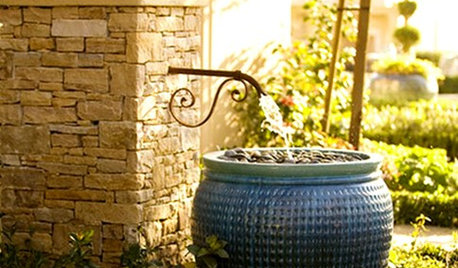
GREEN BUILDINGJust Add Water: Rain Barrel Magic
Take your rainwater storage from practical to beautiful with a new breed of design-friendly rain barrels
Full Story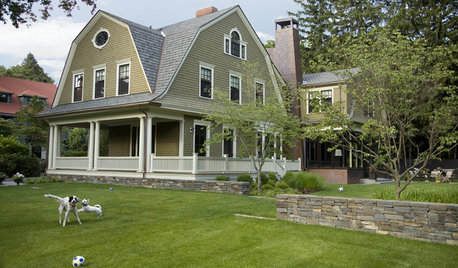
PETSSo You're Thinking About Getting a Dog
Prepare yourself for the realities of training, cost and the impact that lovable pooch might have on your house
Full Story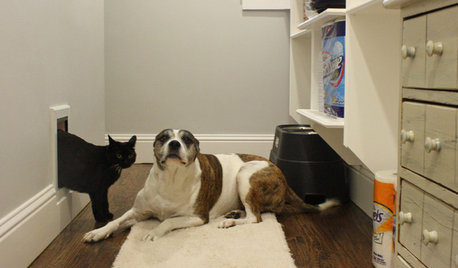
PETSPet-Proofing Your Home: A Room-by-Room Guide
Not all pet dangers are obvious. Keep furry friends safe and sound by handling all of these potential hazards
Full Story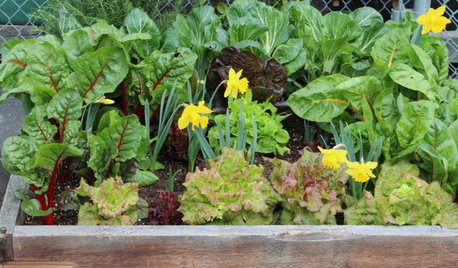
FARM YOUR YARDGrow a Kitchen Garden in 16 Square Feet
Got a sunny 4-by-4 space? You can make meals more interesting with your own vegetables and herbs
Full Story
PETSHouzz Pets Survey: Who Rules the House — Dogs or Cats?
New data shows that pets make people happy, and pet owners love spending big to return the favor
Full Story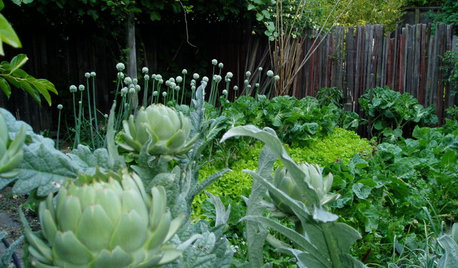
FRONT YARD IDEAS10 Ideas for a Front-Yard Edible Garden Your Neighbors Will Love
Choosing attractive, well-mannered plants and sharing the bounty will go a long way toward keeping the peace
Full Story
PETSDealing With Pet Messes: An Animal Lover's Story
Cat and dog hair, tracked-in mud, scratched floors ... see how one pet guardian learned to cope and to focus on the love
Full Story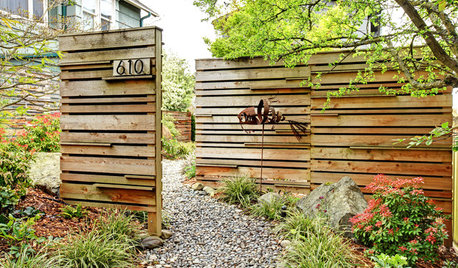
FENCES AND GATESHow to Choose the Right Fence
Get the privacy, security and animal safeguards you need with this guide to fencing options
Full Story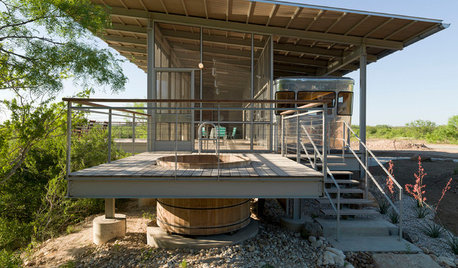
LIFERetirement Reinvention: Boomers Plot Their Next Big Move
Choosing a place to settle in for the golden years? You're not alone. Where boomers are going and what it might look like
Full Story





yakimadn
billc-2007
Related Professionals
Glen Ellyn Landscape Architects & Landscape Designers · Signal Hill Landscape Architects & Landscape Designers · Tomball Landscape Architects & Landscape Designers · Cornelius Landscape Contractors · Eagle Landscape Contractors · Las Vegas Landscape Contractors · Longview Landscape Contractors · Mastic Beach Landscape Contractors · Nashua Landscape Contractors · Pueblo West Landscape Contractors · Raleigh Landscape Contractors · West Covina Landscape Contractors · White Bear Lake Landscape Contractors · Antioch Landscape Contractors · Weymouth Siding & ExteriorsMaggie_J
kyrsyan
Macmex
ruthieg__tx
kyrsyan
Macmex
kyrsyan
Macmex
kyrsyan
Macmex
kyrsyan
Macmex
kyrsyan
ruthieg__tx
ruthieg__tx
yakimadn
beagler1776
shawnaleann
leahmathur_yahoo_com
lexiatel_yahoo_com
tombergstrand_frontiernet_net
blackangus
Flemishgiantbreeder3